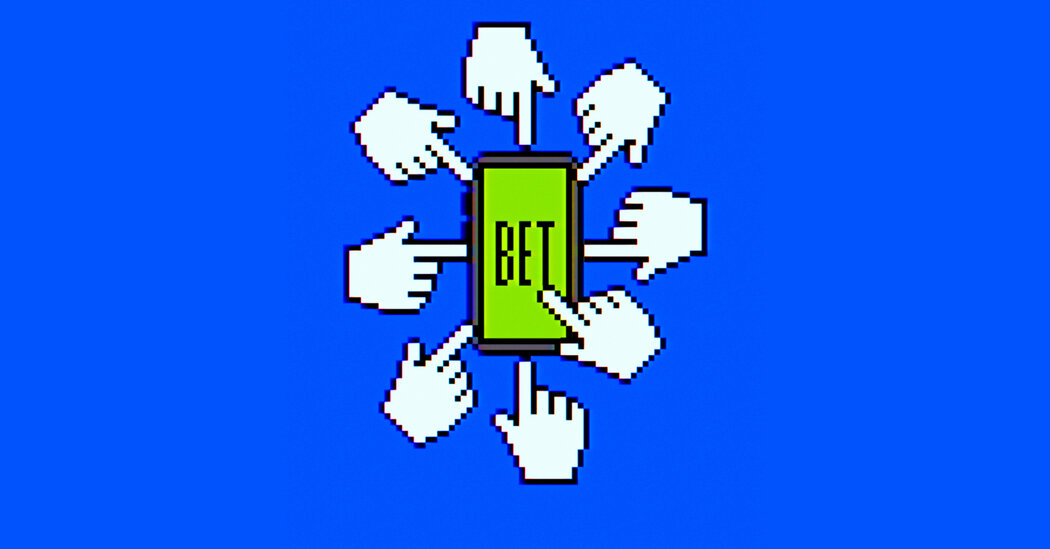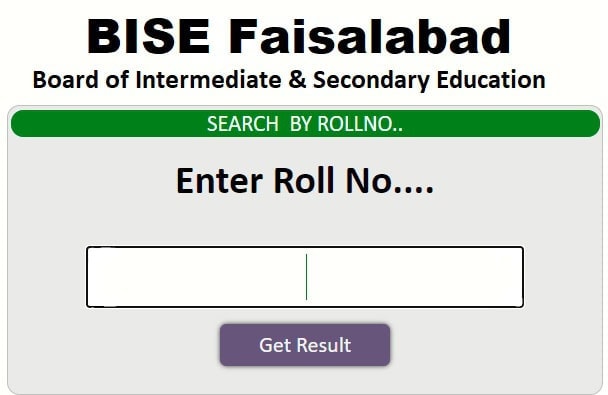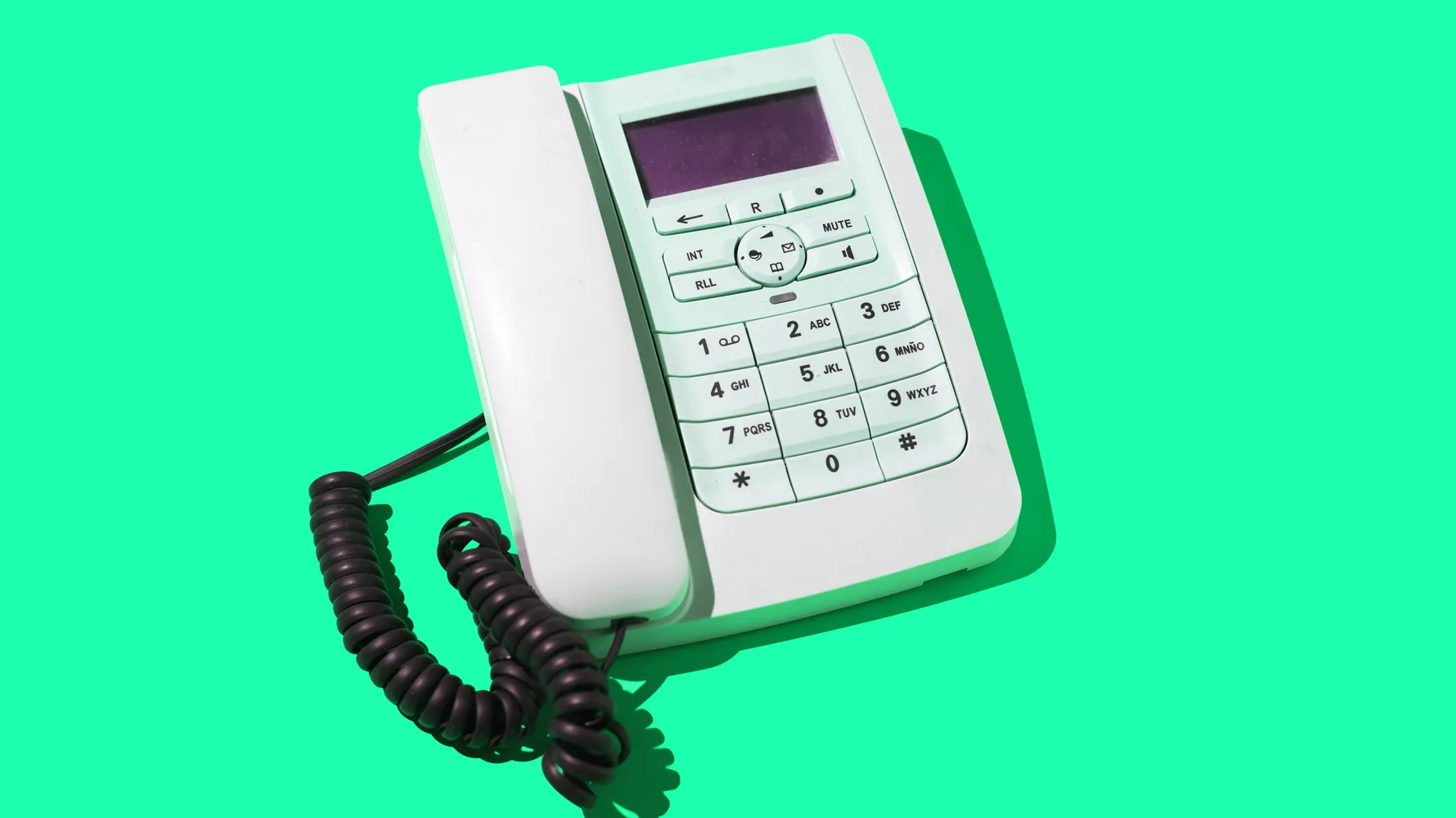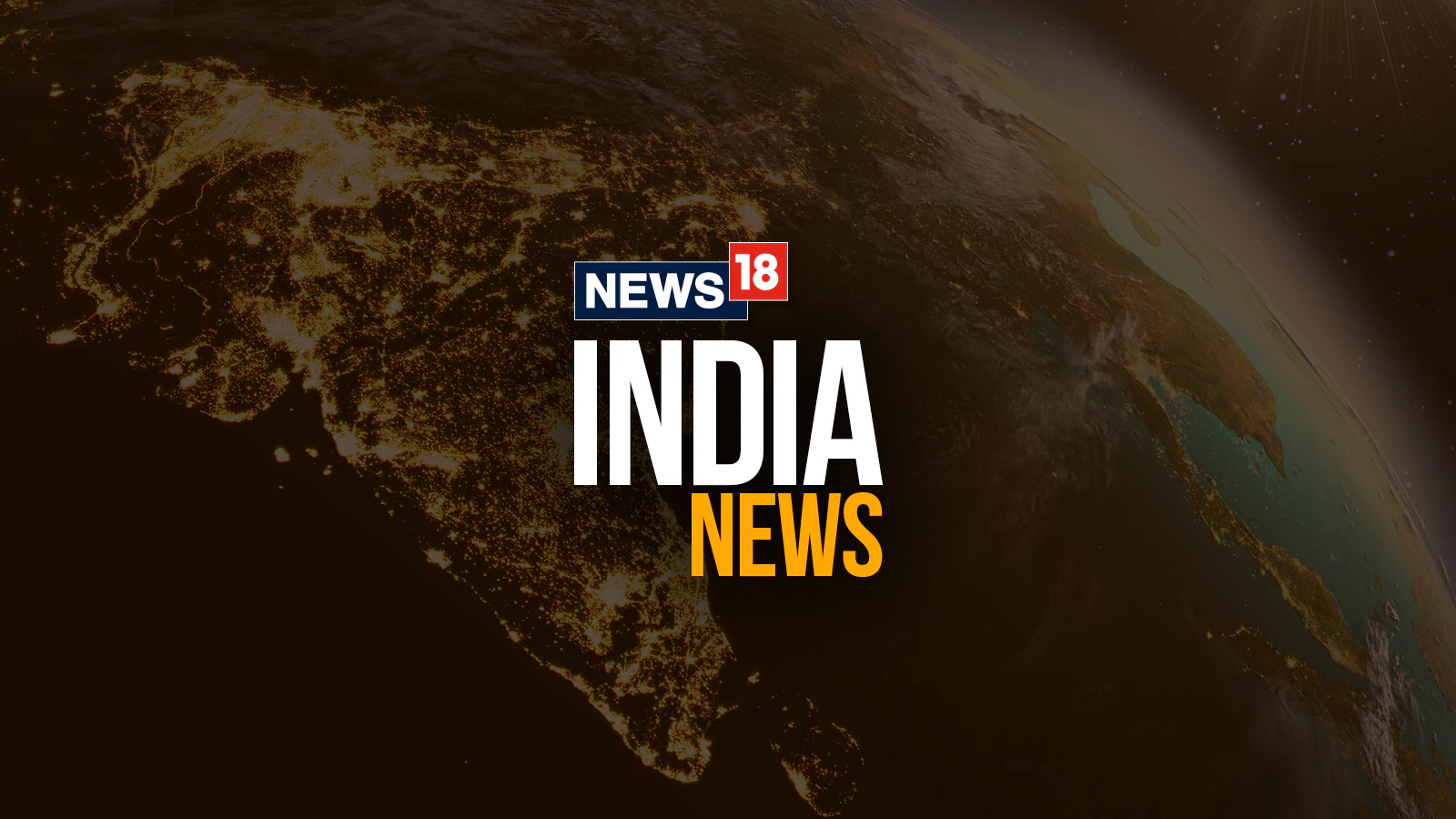
As the Oklahoma City Thunder were on their way to winning the decisive Game 7 of this year’s N.B.A. Finals, a flurry of shadow games were being played on the phones of millions of Americans.
On mobile sports betting apps, nearly everything that was happening on the court was also a chance to win (or lose) money: Which team would score the next basket? By two points or three? How many points would the star player Shai Gilgeous-Alexander score in the fourth quarter? New bets, with new odds, popped up until the final whistle.
These bets — known as in-game or live betting — have become ubiquitous and are one of the fastest growing areas of the sports gambling industry in the United States. They range from wagers on the result of a game while it is underway to what are known as microbets on events that are resolved quickly, sometimes in a matter of seconds, like the speed of a baseball pitch. Others are on outcomes of random events — will the halftime point total be an odd or even number, for instance. Once you are on the FanDuel or DraftKings mobile apps, there are scrolls and scrolls of bets, worldwide, day or night.
For betting companies, or sportsbooks, the popularity of live betting is driving rapid revenue growth. Bets during games accounted for more than half the money wagered on FanDuel and DraftKings in recent quarters, executives at both companies said on earnings calls this year. (Both companies declined interview requests from The New York Times.) In Oregon, a state that keeps detailed sports betting data, in-game betting for DraftKings, the only online sportsbook that operates there, grew about twice as fast as pregame betting from 2023 to 2024, in terms of number of bets made, total money wagered and revenue.
The upsurge of this kind of betting comes as public health experts warn that faster, continuous gambling can lead to greater financial losses and negative effects on health and relationships for some people. The sector has grown so quickly in the United States that it hasn’t been exhaustively studied, but early research has some public officials concerned. Some state and federal lawmakers have proposed bans on wagering during games because of these perceived harms.
“We authorized this type of gambling without discussing the public health implications of this unique product design,” said Brianne Doura-Schawohl, a representative of the Campaign for Fairer Gambling, a gambling reform organization. “Problem gambling experts have valid reasons to call into question the dangers of in-game wagering.”
With artificial intelligence being used to automate and accelerate the creation of more betting markets, in-game betting is expected to continue its rapid growth. Revenues from in-game bets could triple by the end of this decade, to more than $14 billion, according to a report released last October by the investment bank Citizens. That is an amount on par with the total revenue generated by the U.S. sports betting industry last year.
Sportsbooks aren’t the only businesses to benefit. Data companies supply the real-time information that facilitates the bets, and professional sports leagues have equity stakes in those data companies. The leagues and broadcasters also see in-game betting as a way to boost fan engagement and viewership — and ultimately, profits.
The sports betting industry emphasizes two things: It is regulated by individual states and live betting is a product people want. The practice has caught on quickly, as anyone who has attended a watch party where people are checking their DraftKings app as game announcers read live betting odds knows.
“When you talk to your friends or you talk to anybody about their experience with watching live games, it’s become so synonymous with live betting,” Corey Gottlieb, chief product officer at DraftKings, said at a gambling summit this year. “We have created this totally different emotional experience that gets you watching things that otherwise you would have had no emotional interest in.”
That, say public health officials, is exactly the problem.
After the court’s decision, Chris Bevilacqua and his two co-founders decided to pivot their start-up, Simplebet, to develop the technology needed to power moment-to-moment betting on U.S. sports.
In countries where sports betting was already legal and soccer is the popular sport, an estimated 70 to 80 percent of bets are made during the game. Simplebet’s founders predicted that in-game betting would be even bigger in the United States, where sports like baseball and football have many discrete, potentially bettable moments — the result of an at-bat or a drive, say.
“All we were really doing at the end of the day was leaning into the new social norm of lots of content moving very quickly, lots of velocity, lots of instant gratification,” Mr. Bevilacqua said. “And ultimately, the world of personalization.”
The sports betting boom in the United States also coincided with the rapid advancement of artificial intelligence. Simplebet created machine learning models fed by both historical and real-time data from games to produce odds at unprecedented speed and volume.
Simplebet tested its technology for the first time in 2020, in partnership with FanDuel. Soon, it was providing real-money bets for multiple sportsbooks. Last fall, DraftKings bought the company for an estimated $134 million in cash and stock, according to securities filings.
The growth of live betting has also been good for the sportsbooks’ business partners. Leagues see it as a way to get fans to watch more games for longer periods of time, which in turn drives up the price of media rights deals, by far the largest source of revenue for the National Football League and the National Basketball Association. The symbiosis between gambling companies, leagues and media outlets has accelerated the embedding of gambling into the American sports experience, from banners in stadiums to ESPN operating its own sportsbook. The Athletic, which is owned by The Times, has an advertising partnership with BetMGM, another U.S.-based sportsbook, and publishes its odds with links to make bets.
“It all feeds into this larger, vast ecosystem,” said Jordan Bender, a senior equity research analyst covering the online gambling industry and an author of the Citizens report on in-game betting. “Especially in leagues where you’re seeing flat to declining viewership, they want to see that get turned around, and they think that sports betting could be an avenue to do that.”
Some professional sports leagues now allow ads for sports betting companies to be integrated into the live action of a game broadcast — as opposed to just during a commercial break. Michael Kay, the Yankees play-by-play announcer, or the N.B.A. commentators Charles Barkley and Kenny Smith will offer odds or set up predictions and direct viewers to a sportsbook that sponsors the broadcast and takes the bets. The N.B.A. and Major League Baseball permit up to two of these integrations per game.
Streaming, too, has enabled new ways for fans to bet while they watch. Last year, the N.B.A. debuted an optional overlay on its livestreaming platform that displays in-game betting odds. Users can tap to click through to a prefilled bet slip in the DraftKings or FanDuel apps. The N.F.L. has gone a step further, allowing its games to be streamed inside sportsbook apps (and still count toward the Nielsen audience ratings).
The professional sports leagues also benefit from live-betting revenue through their financial stakes in data providers, like Sportradar and Genius Sports. Those data companies sell the real-time data from games that facilitates live bets to sportsbooks, and they get a portion of the sportsbooks’ gambling revenues. The data companies have said that the percentage they take from in-game bets is higher than from pregame bets. (Chris Dougan, a spokesman for Genius Sports, said its partnership with the N.F.L. enabled legal and fair betting on N.F.L. games. Sportradar declined to comment.)
“It’s clear that a segment of our fans enjoy betting on sports and engage with the N.B.A. through the lens of sports betting,” said Scott Kaufman-Ross, the N.B.A.’s executive vice president of media distribution and partnerships. “We wanted to be able to provide a positive experience for those fans while understanding that many of our fans would prefer not to engage with betting content.”
A New Kind of Slot Machine?
Rachel Volberg, a research professor of epidemiology at the University of Massachusetts Amherst, has spent 40 years studying problem gambling. The rise of fast-paced, in-game sports betting troubles her. It’s “much more akin to a slot machine rather than a lottery ticket,” she said.
Dr. Volberg was a member of a commission, formed by The Lancet Public Health journal, which wrote last year that contemporary sports betting has been “transformed into a high-speed, continuous form of betting, which is likely to be associated with increased risk of harms.”
Chaz Donati can tally those harms. Mr. Donati had long struggled with compulsive gambling. When legal sports betting began in Arizona in September 2021, Mr. Donati, a 35-year-old sales manager in the Phoenix area, opened a mobile sportsbook account. He began betting often, with increasingly larger amounts, particularly after receiving a large sum of money from a business deal.
On Dec. 13, 2021, Mr. Donati made a $158,000 bet that he convinced himself he could not lose: The Arizona Cardinals, his hometown team, over the Los Angeles Rams. After the Cardinals fell behind by 10 points in the fourth quarter, he panicked and tried to compensate for his expected losses by gambling another $256,000 on the Rams against an in-game point spread. He can still recount in detail the sequence of plays that resulted in his losing both bets. Within a few hours, he had gambled away hundreds of thousands of dollars, according to his bet logs from that day.
In-game betting raises issues beyond the realm of problem gambling by creating the potential for bets on discrete moments that might be susceptible to manipulation. Major League Baseball is investigating two Cleveland Guardians pitchers in connection with suspicious wagering activity on individual pitches in their games. (The M.L.B. players’ union declined to comment on the players’ behalf.)
Even league officials, like the M.L.B. commissioner, Rob Manfred, have raised concerns about game integrity when it comes to live bets. He told reporters this year that certain kinds of microbets might be “unnecessary and particularly vulnerable.” The N.F.L. has also worked to disallow certain live bets, such as the first play of the game or if a kicker will miss a field goal.
DraftKings, FanDuel and the American Gaming Association, the national trade group for the industry, said in statements that the industry followed regulations by the states, which approved the categories of bets that sportsbooks could offer and required varying levels of responsible gambling measures, such as the ability to limit deposits and take breaks from using the app. DraftKings and FanDuel both said that they invested in responsible gambling resources, such as a tool that FanDuel said prompted bettors to review larger or more frequent deposits.
The gaming association also pointed to survey data released this year by the National Council on Problem Gambling that suggested risky gambling behavior in the United States had leveled off after growing during the coronavirus pandemic. The survey findings that were released did not specifically address in-game betting and also noted that it was too early to make long-term conclusions about problem gambling trends.
Concerns about addiction and game integrity have bubbled up in state-level discussions of sports gambling. In the Minnesota legislature, Jordan Rasmusson, a Republican state senator, pushed to include a ban on in-game betting in a bill that was considered last year. He cited a 2018 peer-reviewed study from Australia that found that 78 percent of sports bettors who bet on microevents met the criteria for problem gambling, compared with 29 percent among sports bettors who did not bet on microevents. The results suggest that this type of gambling can amplify harms for people who are struggling. (Sports gambling is still illegal in the state.)



